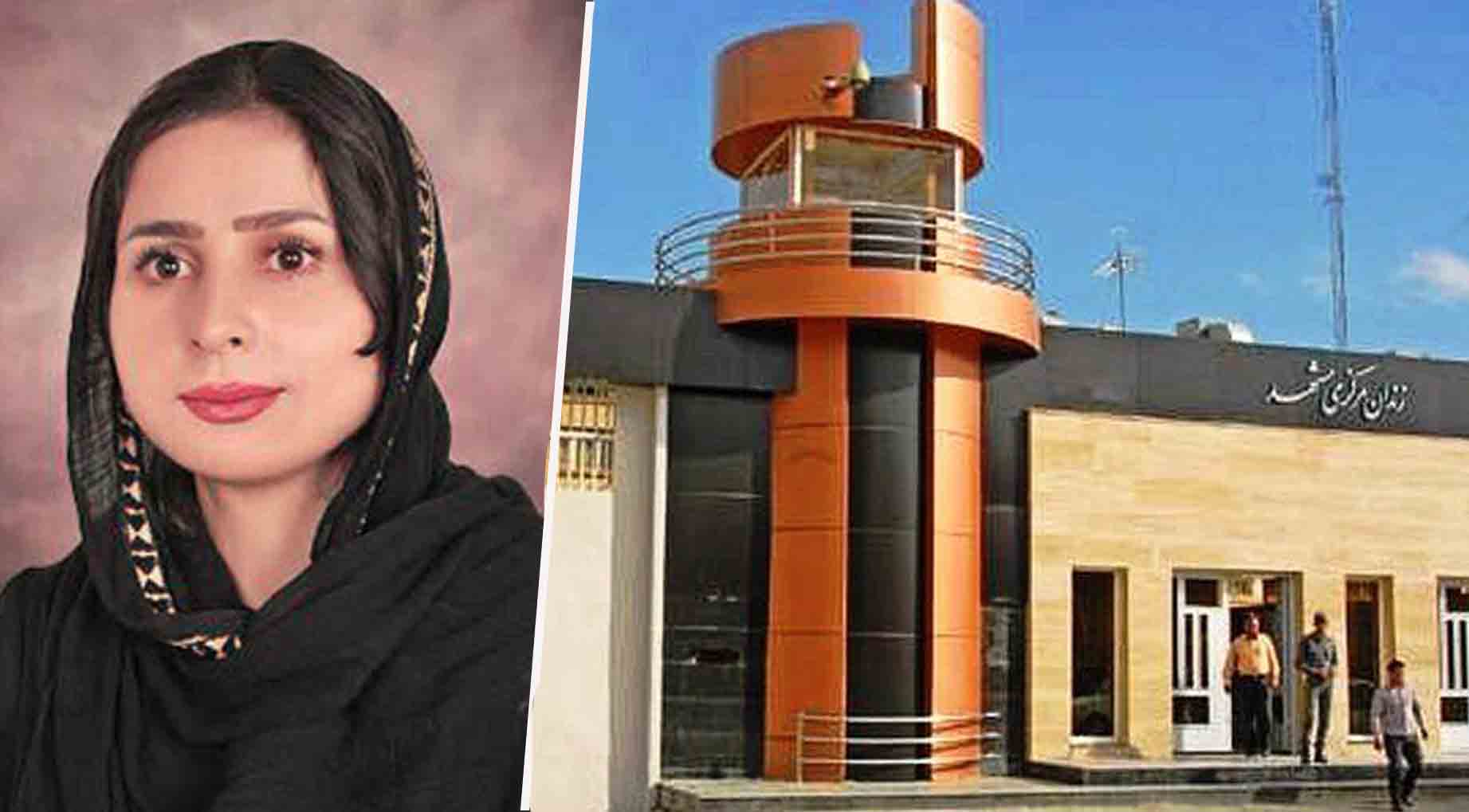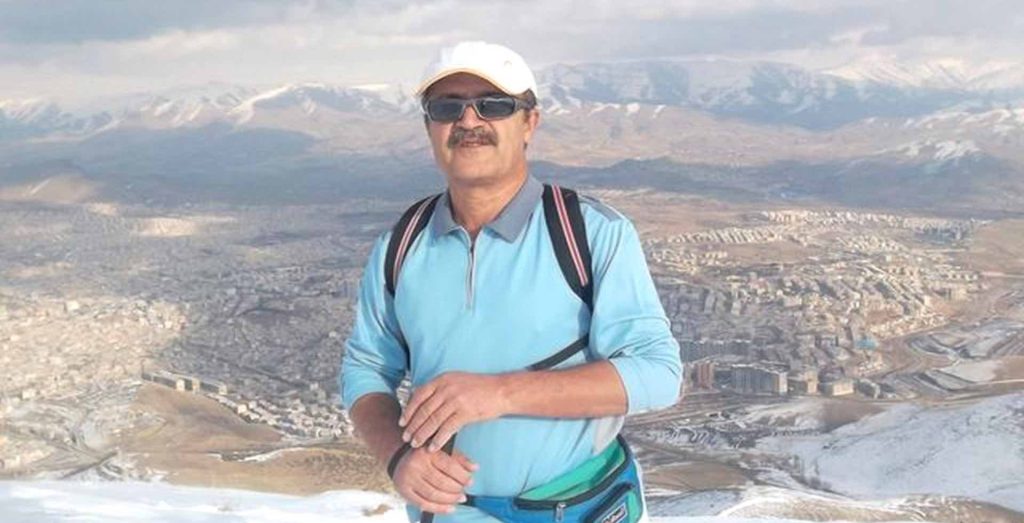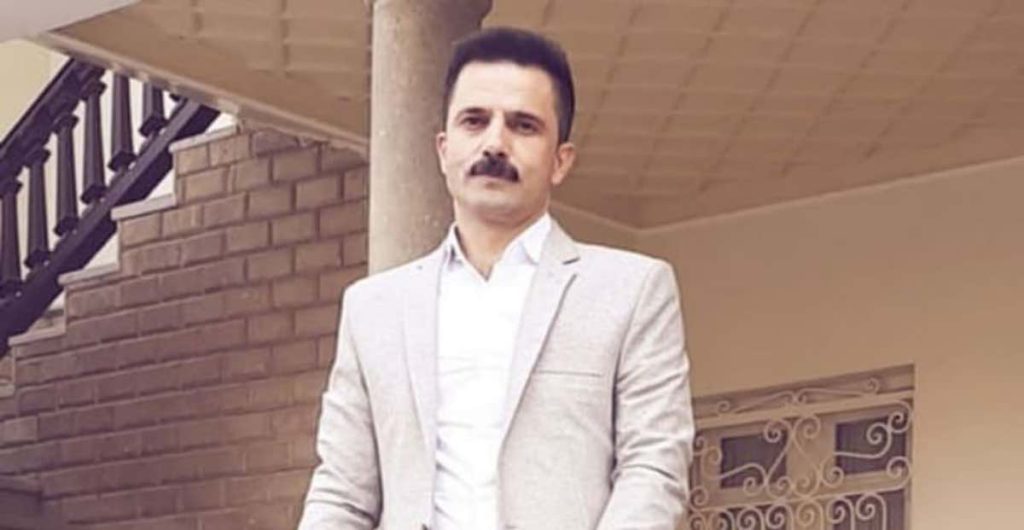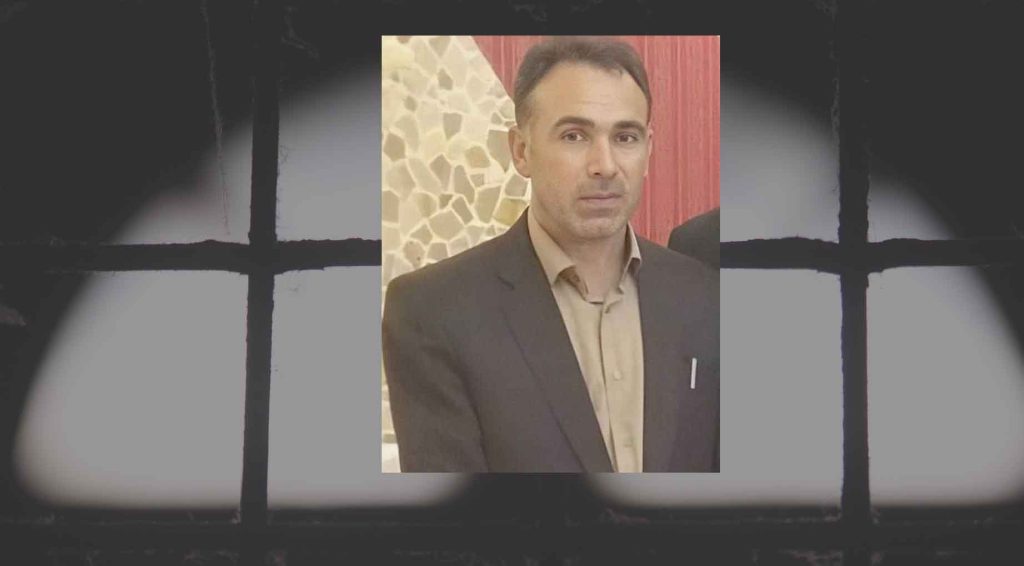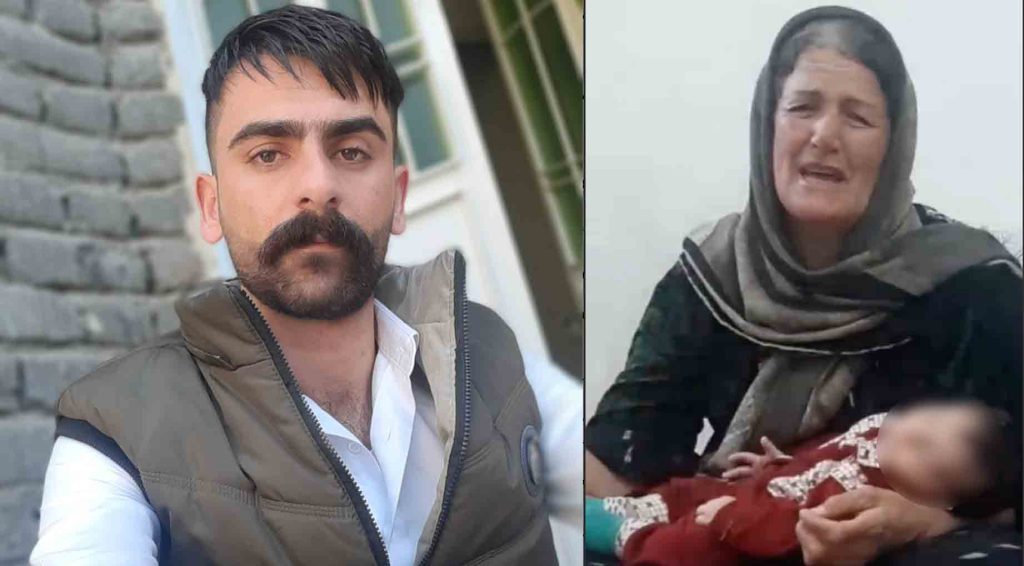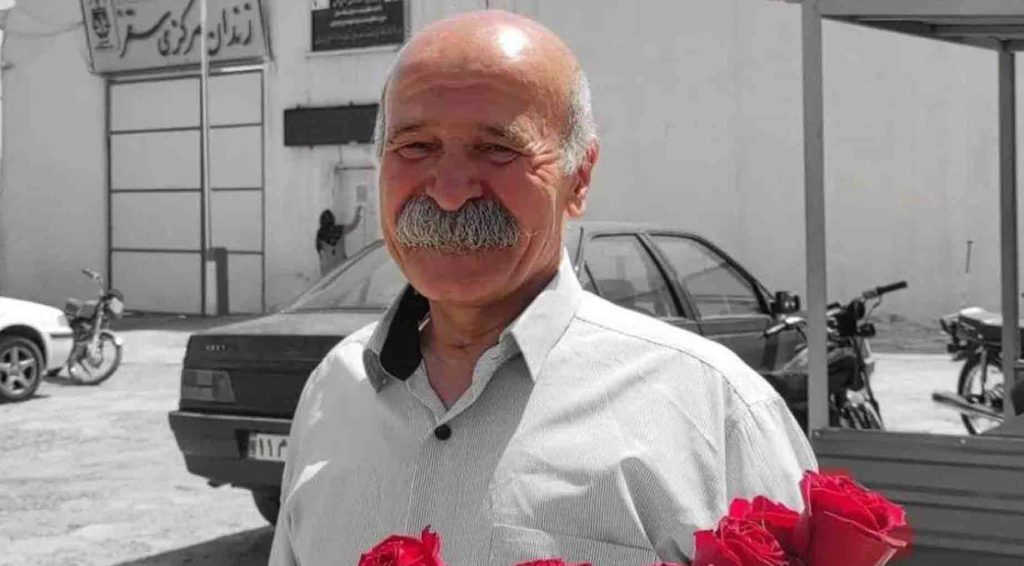Branch 903 of the Public and Revolutionary Prosecutor’s Office in Mashhad, north-east Iran, has extended the detention of the former Kurdish political prisoner Sakineh Parvaneh for the second time, the Kurdistan Human Rights Network (KHRN) has learned.
Due to the transfer of prisoners to the court in handcuffs and fetters, the political prisoner refused to appear in court in the last few days.
Parvaneh received a notice in prison informing her that her detention had been extended again.
Although she was told in May that she had been charged and that her case had been referred to the Islamic Revolutionary Court, she was summoned back to the court for questioning in recent days.
On 8 May, the Public and Revolutionary Prosecutor’s Office in Mashhad summoned Parvaneh and informed her that she had been charged with “propaganda against the state,” “acting against national security” through “membership” in opposition groups and “insulting the Supreme Leader of the Islamic Republic”.
On 29 April, Branch 903 of the Public Prosecutor’s Office extended the detention of the former political prisoner for the first time by one month.
She was informed of the extension decision after her transfer from Mashhad Central Prison to Mashhad Court in handcuffs and fetters.
Parvaneh, who was released under amnesty from Mashhad Central Prison on 11 February, was arrested by the Intelligence Organisation of the Islamic Revolutionary Guard Corps (IRGC) at the Mashhad Bus Terminal on 4 April and taken to the military-security organisation’s detention centre.
The taxi driver who took Parvaneh to the terminal was also detained for several hours and severely beaten by IRGC intelligence agents.
After initial interrogations, the former political prisoner was transferred to Mashhad Central Prison on 14 April.
Since her arrest, Parvaneh has been denied the right to legal counsel and family visits.
The former political prisoner was also arrested in Tehran on 7 March, nearly a month after her release under amnesty, but was released after four days.
The Intelligence Organisation of the IRGC has been refusing to return her personal documents, including her identity card.
Parvaneh had previously published a letter on 25 June 2020, describing her detention process and the harassment she had gone through during her imprisonment.
According to this letter, the security agents of the Islamic Republic of Iran arrested her in the early autumn of 2019 under the pretext of meeting her family in the city of Sulaimaniyah, in the Kurdistan Region of Iraq.
After her arrest, said the letter, she was first taken to the Iran-Iraq border and held in the detention centres of Marivan and Sanandaj for 10 days and then taken to the Evin Prison of Tehran.
Parvaneh added that in Evin Prison, she was interrogated and physically tortured in wards A and 209 and the ward for women prisoners.
Parvaneh’s lawyer Payam Derafshan said on 25 May 2020 that his client had been sentenced to five years in prison and three years ban from membership in political groups on charges of “membership in groups or factions opposing the state with the aim of disrupting national security”.
In April 2020, Parvaneh was transferred from Evin Prison to Qarchak Prison in Varamin for writing and chanting slogans. After spending four days in solitary confinement in this prison, she was transferred to Aminabad Psychiatric Hospital in Rey.
The political prisoner was returned to Evin Prison on 4 July 2020 with bruises and beating marks on her body.
Later, a court sentenced Parvaneh to two years in prison in August 2020 on charges of “disrupting the prison order”.
In November 2020, the political prisoner was transferred from Evin Prison to Quchan and Mashhad prisons.
In addition, in the past two years, she was taken several times to the detention centre of the Intelligence Organisation of the IRGC in Mashhad and was subjected to physical and mental torture to make confessions on TV.
Parvaneh also went on hunger strikes several times to protest against the pressure of security agencies.

